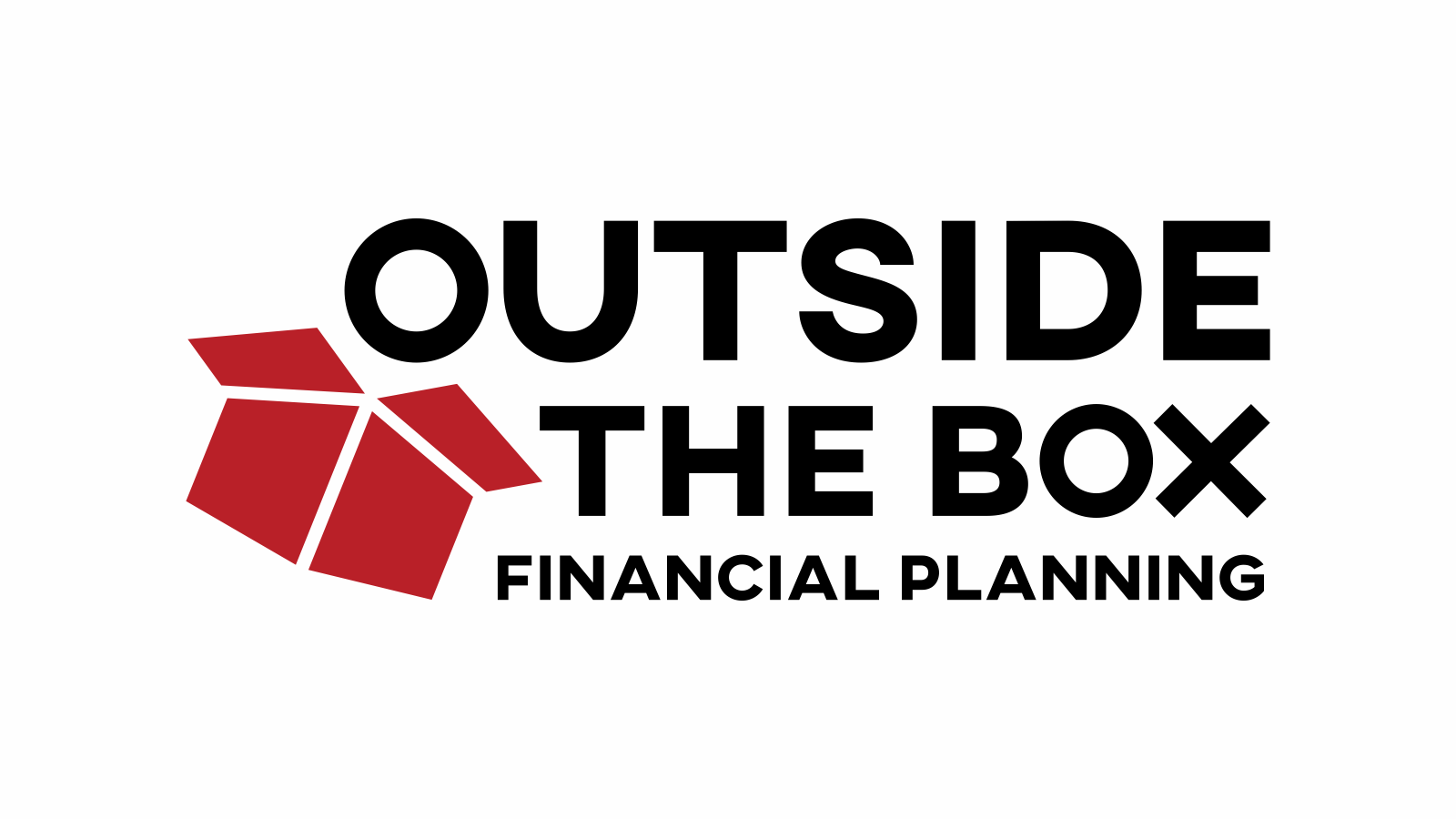Could Current Market Pullbacks Be Opportunities?
How this late-winter, coronavirus-induced market turbulence affects you depends upon how old you are. For people in or near retirement, it is scary – yet there are ways to offset a shrinking stock portfolio. Regardless of your age, look at market dips as opportunities, not threats.
Eleven Trading Days for the Record Books
For the last part of February and at least through the first third of March, the stock market could be described as “tumultuous.” The S&P 500 Index, the DJIA and NASDAQ are all off more than 10% from recent highs.
The nasty coronavirus is somewhat to blame, but that would be much too simple:
· Oil was in free-fall
· The Federal Reserve cut rates by 25 basis points in an emergency meeting
· Fed-watchers think another 100 basis point rate cut is coming, pushing rates to almost 0
· Every single one of the 11 S&P 500 sectors is in the red YTD, with the Energy sector off over 40% and the Financials and Materials sectors off over 20% YTD
And here are some history-making days to think about: from February 24th through March 9th, there were 11 trading days:
· Those 11 trading days saw 5 of the 7 largest one-day-point-losses for the DJIA in history
· Those 11 days also saw the two best-one-day-point-gains for the DJIA in history too
Now Might be a Good Time to Invest
How such market action, which is normal, impacts you financially and psychologically depends on where you are, age-wise. If you are younger and have long investment time frames relative to your goals, a market dip can be your friend. For example, let’s say you have young children and are saving for them in a 529 college savings plan, and college is a number of years away. If your account is down along with the market, compared to a previous high point, consider adding money.
Ditto if you are saving for retirement in a 401(k), individual retirement account or similar plan. If you save regularly, dollar cost averaging works. That’s where you invest a set amount on a regular schedule, perhaps at the first of each month. When stocks decline your contribution buys more cheaper shares and less expensive shares. Over time your average share cost is less than the current share price.
Is Opportunity Knocking?
If you are retired or some other life event has forced you to live off of your savings, naturally, you are nervous amidst scary headlines and histrionics of media commentators during significant market declines.
But consider heeding the words of the legendary investment manager John Templeton, who famously counseled, “Buy when there is blood in the streets.”
Occasionally you get event-driven market routs such as the aftermath of 9/11 in 2001 and the debt crisis of 2008. In your life span as an investor, you have hopefully saved for rainy days, kid’s educations, future retirement and life-enriching experiences like global travel. When markets dropped, you should have dropped in extra funds. It’s likely that you never bought at the bottom, as that is obvious only with 20/20 hindsight.
Your Investment Policy is Critical
The key is a sound investment policy that allows a cushion – in money market funds or other safe and low-volatility repositories that provides living expenses without having to sell stocks at low levels. Alternative investments in real estate, private equity and financing, energy infrastructure, etc., may also provide cash flows to supplement living needs without selling stocks.
You also may focus on value stocks with good dividends and reasonable P/E ratios. Such portfolios eschew aggressive growth stocks that pay no dividends and have no profits. A hot story may sell, but do economic fundamentals underpin the stock value?
Big Picture
No one likes to see markets continuing to set one-day point-drop records. And while the media continues to scream that the sky is falling, it’s not.
Remember that through the first few months of 2020, we see:
Low and declining energy costs
Low and declining interest rates
Low inflation rates
Easy monetary policy
Low unemployment (50-year low)
A stable housing market
The sky is not falling as winter 2020 comes to a close. But rain clouds and storm fronts can be vexing, unless you are prepared with rain gear. A comprehensive investment policy is the financial planning equivalent of rain gear. You may not be singing in the rain, but you will maintain peace of mind.

